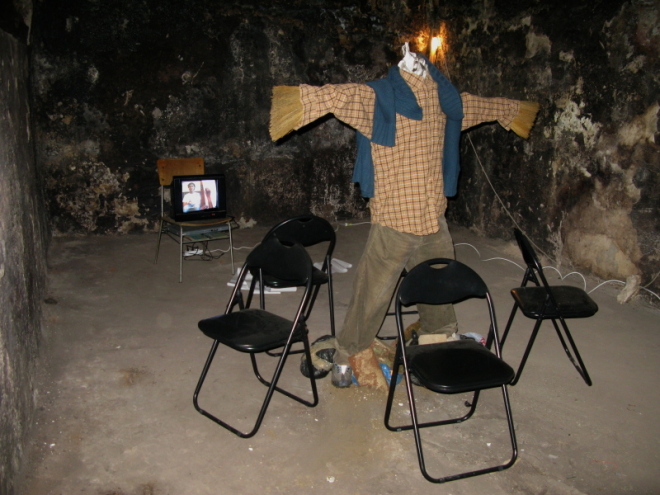 Stirbei Palace - Bucharest, installation view
Stirbei Palace - Bucharest, installation view
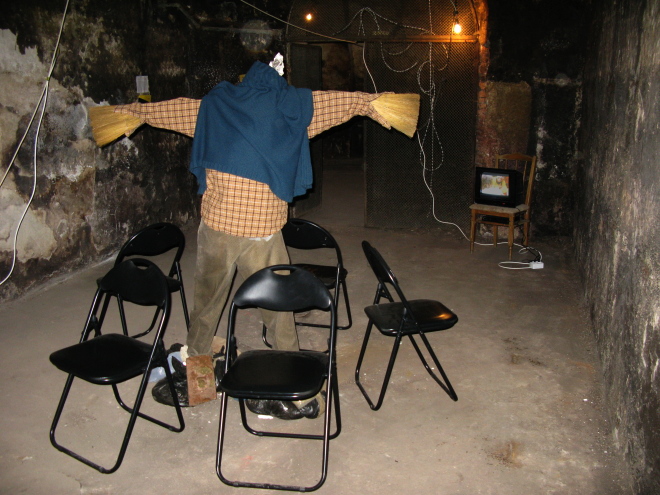 Stirbei Palace - Bucharest, installation view
Stirbei Palace - Bucharest, installation view
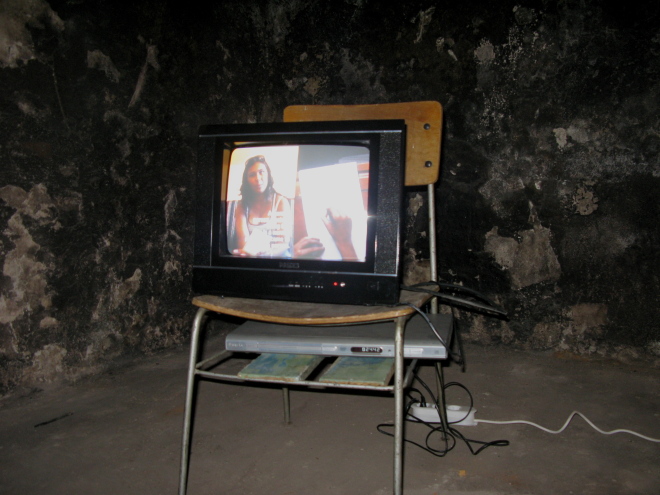 Stirbei Palace - Bucharest, installation view
Stirbei Palace - Bucharest, installation view
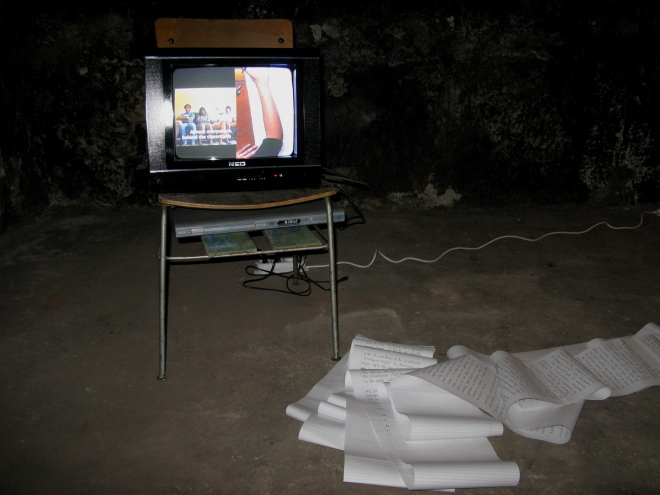 Stirbei Palace - Bucharest, installation view
Stirbei Palace - Bucharest, installation view
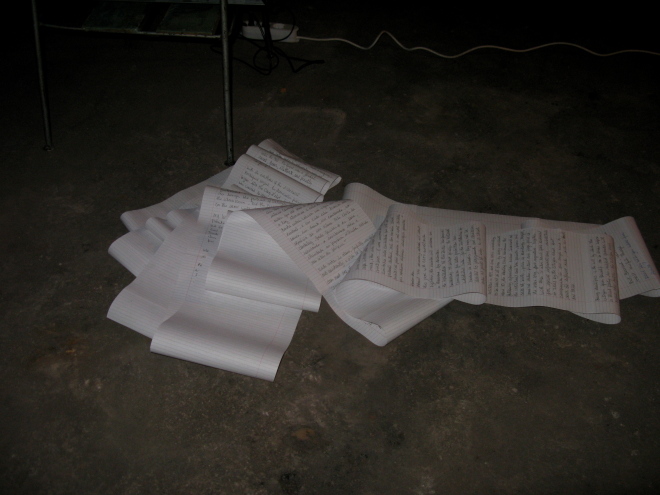 Stirbei Palace - Bucharest, installation view
Stirbei Palace - Bucharest, installation view
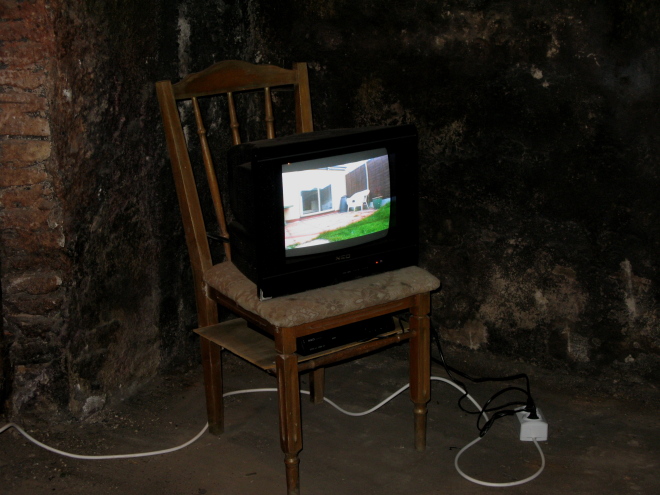 Stirbei Palace - Bucharest, installation view
Stirbei Palace - Bucharest, installation view
A Child’s Play
Foucault announced the change of paradigm of state control through the example of the panopticon prison. Design by Jeremy Bentham in 1785 this prison allowed a total control of each inmate at all times, from the circular shape of the building a single men could watch every single cell from a tower situated at its centre, furthermore inmates could watch each other but could not see the watchman, thus the vigilance could even be done with no one at the tower, for in doubt the inmates felt watch at all times both by the collective as by the invisible sentinel. This doubt and self-restrainment or sentiment of an invisible omniscience, as Bentham named it, gave shape to the Foucauldian new paradigm: biopower.
The change from a disciplinary society which controlled bodies, individual bodies – each one of them taken, trained, bended, molded and if necessary punished – to a society organized around surveillance that controls not particular bodies but collective bodies and minds, presents this shift where power is interested in the population as a whole without major concern for individuals and its extention in management into people’s lives, not only in the sense of the ways they live but also in who will live. The Individual is abstracted and discipline becomes a private issue that instead of performing its exemplar acts in the public square, removes the individual from sight; also control and surveillance is not acted anymore upon a particular individual but upon the whole of the population, therefore through a massified mechanism that transforms it into a self-reflexive operation.
More or less at the same time Habermas writes about the end of the literary public sphere – where individuals met to discuss rationally and form a public opinion (that controlled state policies very directly) and the rise of a desinformed opinionated mass; Lefort is talking about the democratic revolution – the beheading of the Prince (or actually of Louis XVI) – and the dissolution of the markers of certainty which paradoxically led to the abstraction of the individual into a number in a poll.
But what is so frightening about this abstraction and self-control?
If the rational public sphere counted as surveillance upon the state apparatus, with the disappearance of this sphere came the collapse of the private into public; and if with the democratic revolution the legitimation of society does not lie anymore in a transcendental sphere and the place of power is to remain empty, or rather cannot be definetely held, aren’t we already simultaneously the individual on the cell and collective on the outside? Instead of how can we watch back can the question be how do we reproduce behaviours, i.e. modes of self-surveillance? Can we deconstruct them?
A Child’s Play intends to understand the views on control, State, surveillance, omniscience, God, individual and community from youth perspective in an attempt to find possible answers to this questions and sousveillance alternatives.
As a child I was raised in a country that had very recently came out of a fascist regime by a communist revolution to a liberal democracy, in a country that had recently joined the Economic European Union (today EU), in a country very affected by catholic religion in its mores and morals, a very old country sudently renovated, with its good sides and bad sides. For me the overwhelming notion of being surveilled at all times was not under the a biopowerful regime but by an omnipresent God and this had an imense influence in my upbringing together with the values of the, already then, mythified Carnation Revolution of 1974, and still I found ways of turning inside out that self-control. With an increasing parental presence and the acess to very different ways of being together through the World Wide Web, how are kids nowadays dealing with these notions as they go through this period of testing and pushing social boundaries?
Several means of expression will be employed during the dialogues with Portuguese children and teenagers, from oral to written word, from collage and drawing to body language; which will be afterwards edited and processed to form a fictional documentation.
Meta Cultural Foundation
